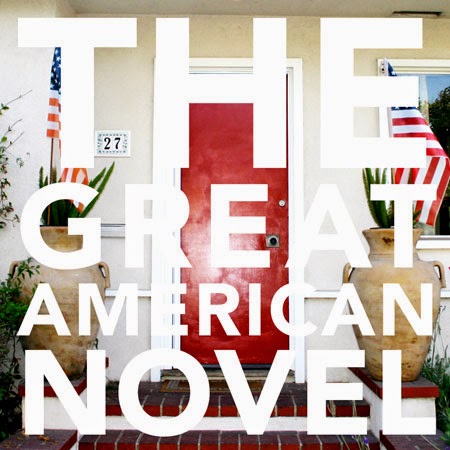I caught an interview with Rob Reiner and his editor Robert Leighton at the American Film Institute on TV the other week. They discussed their work before being opening it up to questions from the audience which consisted of film students of every guise—editors, directors, producers, etc. One of the questions that got asked ran along the lines of when how do you do to make it a classic movie? I thought this was quite dumb question. Like there’s a known formula for constructing a classic film. Worse still, the question implies that people could make classic films all the time but they don’t.
SHELF LIFE: The Great American Novel–And How To Make One
I’ve seen the same question asked of writers—when do you think you’ll write the American classic novel? Worse, I’ve heard writers say they are going to write a classic American novel. Anyone who sets out believing that is destined to fail.
The problem with a classic story that will be beloved for decade after decade is that it’s like catching lightning in a jar—it’s bloody hard…and for a whole host of reasons. Stories have a life of their own. They might begin is flash of inspiration that seems original and inventive but there needs for something magical to happen during the writing to elevate that story to another level. There has to be something special about tone, topic and sensibilities that will speak to all people. While some of that can be mapped out, the majority of it is a cosmic event that no one can ever hope to achieve on purpose.
I’ll be honest I put my heart and soul into everything I write and I hope each story is better than the last but hand on heart, I haven’t written a perfect story. There’s things you won’t see but I’ll see that’ll always taint it for me. One day I hope to write the perfect story and if I do, I’ll let you know you about it, but even if I do write a story that I not only think is my best work but is also the best piece written in the last hundred years, it still may never be a classic. Because there’s one element that is out of every writer’s hands—and it’s called the reading public.
The problem is storytelling is a subjective business. One man’s work of art is another man’s eyesore. I’ve said it before—the second my story reaches the public, I lose ownership of it. People will bring their experiences and viewpoints to it. No two people will see it exactly the same. They might both love it but not in the exact same way. For a story to become a classic it must be embraced by not only by a generation but by multiple generations. And damn, that’s a hard thing to do to get that many people to feel the same way about the same thing. We haven’t done that with fabric softener so you have to do some pretty sodding special to achieve that with something as intangible as a story.
At the end of the date, as a writer, the only thing I can do is write and write the best story I can. What happens to it and what it becomes, isn’t down to me. It’s down to everyone else. That’s how a classic is made.
Leave a Reply


